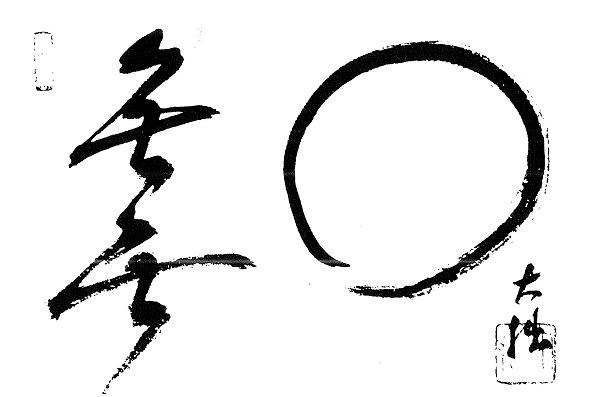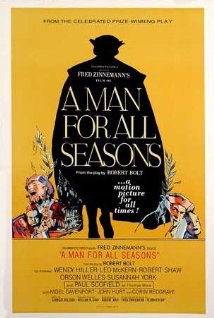Brevity in Paradox
Monday, May 2nd, 2016[ by Charles Cameron — or as John Cage once said, I have nothing to say and I am saying it and that is poetry ]
.
**
JV Cunningham has a poem which runs in its entirety:
Life flows to death as rivers to the sea
And life is fresh and death is salt to me.
Brilliant and brief. Samuel Beckett goes him one better, writing:
My birth was my death. Or put it another way. My birth was the death of me. Words are scarce.
It’s the scarcity that interests me here. Earlier, in Godot, he had written:
They give birth astride of a grave, the light gleams an instant, then it’s night once more.
That’s too wordy. “My birth was the death of me” packs a colloquial punch, while “My birth was my death” is more succinct and correspondingly powerful.
**
Birth > death.
They are opposites, obviously, and almost tautologically so — and yet there is a less-than-obvious “double meaning” to them — when brought into close conjunction they can be said to fold the universe from many back into one.
This business of the conjunction of opposites is one which Carl Jung made the centerpiece of much of his later work, writing for instance:
Whoever identifies with an intellectual standpoint will occasionally find his feeling confronting him like an enemy in the guise of the anima; conversely, an intellectual animus will make violent attacks on the feeling standpoint. Therefore, anyone who wants to achieve the difficult feat of realizing something not only intellectually, but also according to its feeling-value, must for better or worse come to grips with the anima/animus problem in order to open the way for a higher union, a coniunctio oppositorum. This is an indispensable prerequisite for wholeness.
Consider the current US election campaign in this light…
**
Shakespeare’s “insult, exult, and all at once” in As you Like It, and Dylan Thomas’ “Curse, bless, me now with your fierce tears, I pray” in Do not go gentle are 0other instances of brevity in paradox.
Beckett, Jung, Shakespeare, Dylan Thomas — heady company.






